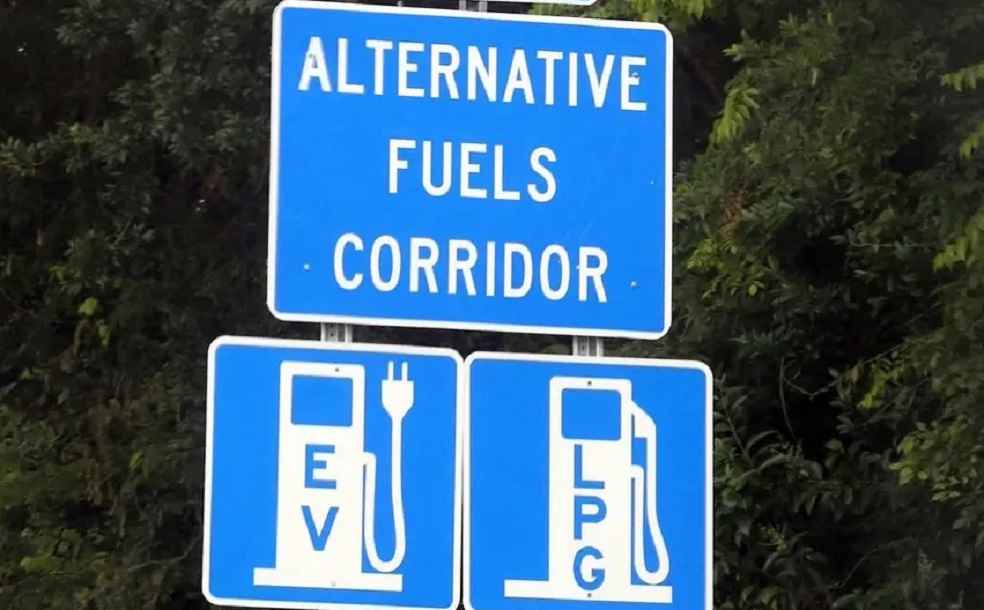In an unprecedented move towards green mobility, the U.S. and Canada announced their collaborative efforts to develop an EV charging corridor bridging the two countries. The plan, disclosed on Tuesday, is designed to further support the expanding electric vehicle (EV) market.
The proposed network, known as the Binational EV Corridor, will position fast-charging stations at approximately every 50-mile intervals. Stretching from Kalamazoo, Michigan, to Quebec City, Quebec, Canada, the corridor will integrate seamlessly with existing and planned charging networks on both sides of the border. While the exact timeline for the construction remains undisclosed, the impact of this project is expected to be significant.

Transportation Secretary Pete Buttigieg expressed his enthusiasm for this groundbreaking initiative, stating, “The U.S. and Canada have long enjoyed a productive partnership on transportation issues and in that spirit we are proud to announce the first-ever U.S.-Canada EV corridor.”
The international corridor will amplify connectivity between Canada, where one in every 10 new vehicles purchased is already zero-emission, and the U.S., which is developing a network of 500,000 charging stations funded by the $7.5 billion Bipartisan Infrastructure Law. This new corridor will also merge with the 75,000 miles of U.S. highways designated as Alternative Fuel Corridors.

Starting in Kalamazoo, a city historically known for automotive manufacturing, the corridor will pass through Michigan before entering Ontario, a province gaining momentum in the EV industry. This move could boost the operations of major auto companies like Ford, Volkswagen, Stellantis, and General Motors, which have significant manufacturing footprints in Ontario.
Overall, this endeavor between the U.S. and Canada signifies a monumental stride towards sustainable transportation, directly supporting the dynamic growth of the North American auto industry as it pivots to embrace electric vehicles.
NEW LAUNCH: Daimler ‘Rizon’; New Electric Medium-Duty Truck for US Market





